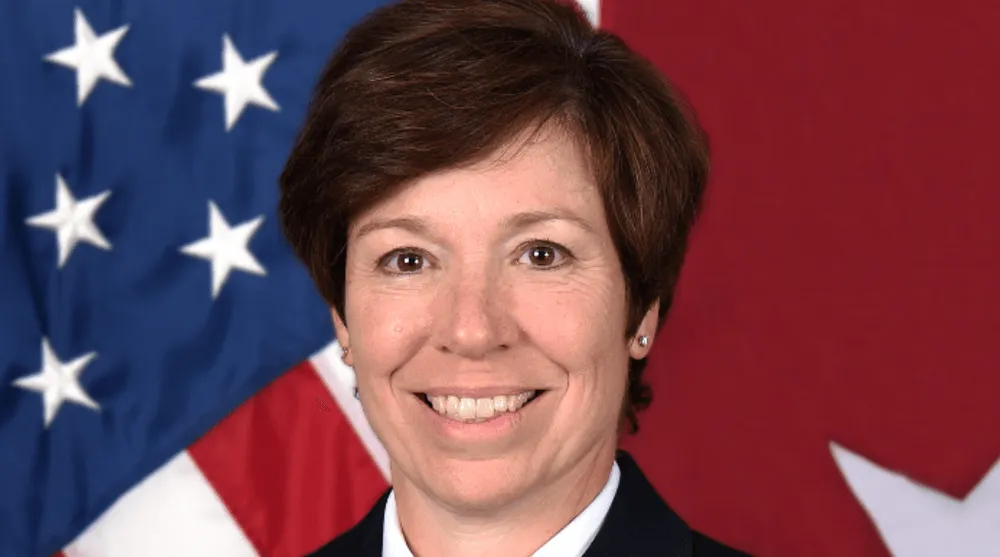Senate Armed Services advances Army Cyber Command nominee
The Senate Armed Services Committee on Thursday advanced President Joe Biden’s pick to helm U.S. Army Cyber Command.
The Record first reported in December that Biden would select Maj. Gen. Maria Barrett, the head of the Army’s Network Enterprise Technology Command, to be the first female chief of the service’s digital warfare unit.
Her nomination was received in the Senate days later and referred to the Armed Services panel.
The committee today approved Barrett to receive her third star by voice vote, along with thousands of other military promotions.
A Senate aide told The Record that such promotions have been moving slower than usual because of the overall nominee logjam in the upper chamber, as Republican lawmakers object to unanimous consent requests.
Thus far the Army has declined to comment on Barrett's promotion, citing service policy not to comment on general officer nominations until after Senate confirmation.
If she is confirmed by the full chamber, Barrett, who did not have a confirmation hearing, would become the fifth chief of Army Cyber Command since it was established in 2010.
She would succeed Lt. Gen. Stephen Fogarty, who assumed command in 2018 and has led the Army’s digital warfighting branch longer than any previous chief.
Barrett previously served as deputy of operations at U.S. Cyber Command. Prior to that, she was the deputy commanding general at Cyber Command’s Joint Force Headquarters-Cyber, which provides intelligence, planning and digital capabilities to the Pentagon’s combatant commands around the world.
She was also deputy commander for operations for the command’s Cyber National Mission Force, which conducts offensive operations to defend the U.S. homeland.
In addition, Barrett served as U.S. Southern Command’s chief information officer and the director of operations for the White House Communications Agency.
Barrett’s nomination now goes to the full Senate, where she appears to be on a glide path to confirmation.
However, Senate Republicans could continue to throw up blockades to national security nominees over unrelated issues, as they have done in recent months.
Martin Matishak
is the senior cybersecurity reporter for The Record. Prior to joining Recorded Future News in 2021, he spent more than five years at Politico, where he covered digital and national security developments across Capitol Hill, the Pentagon and the U.S. intelligence community. He previously was a reporter at The Hill, National Journal Group and Inside Washington Publishers.



